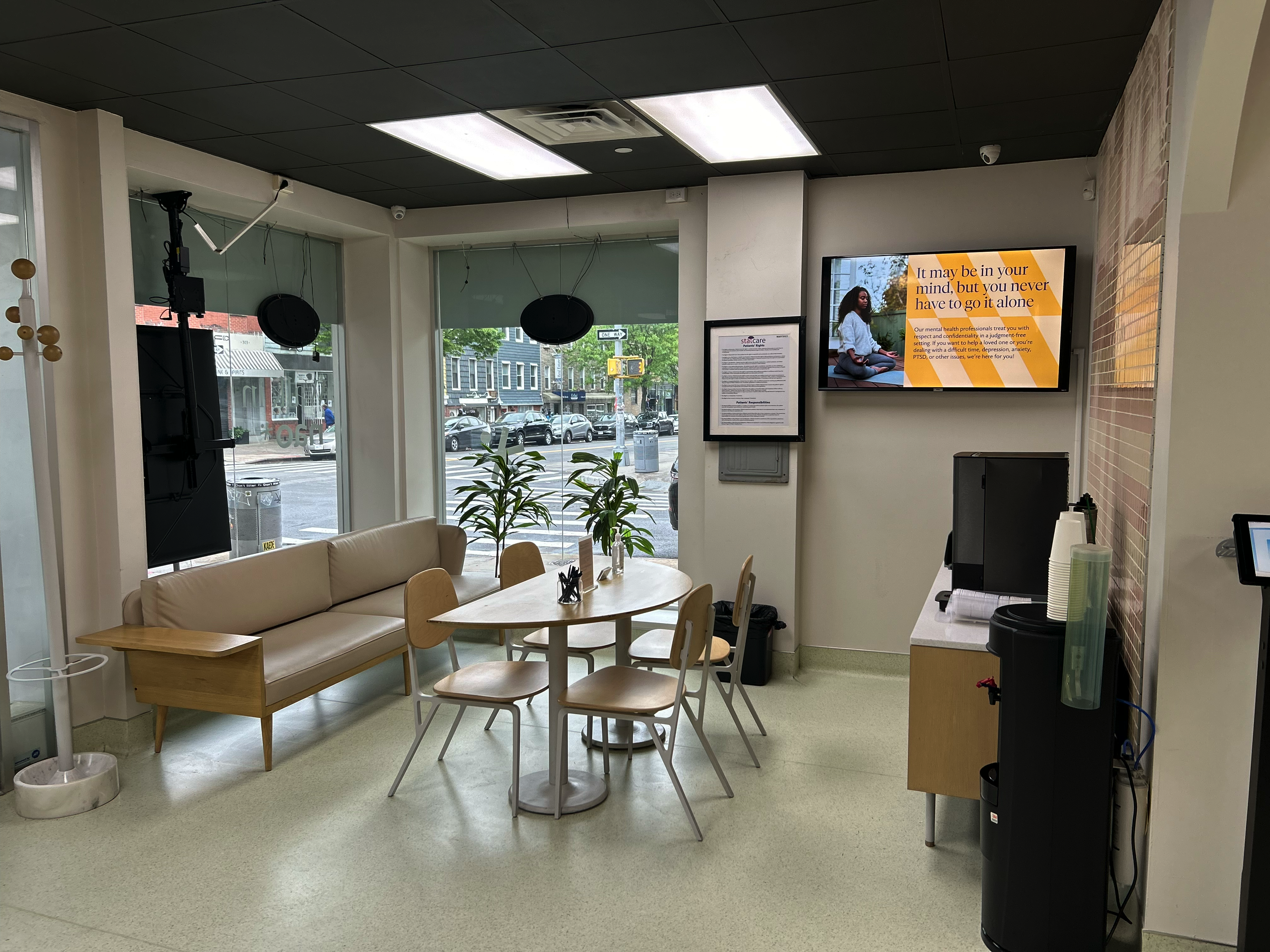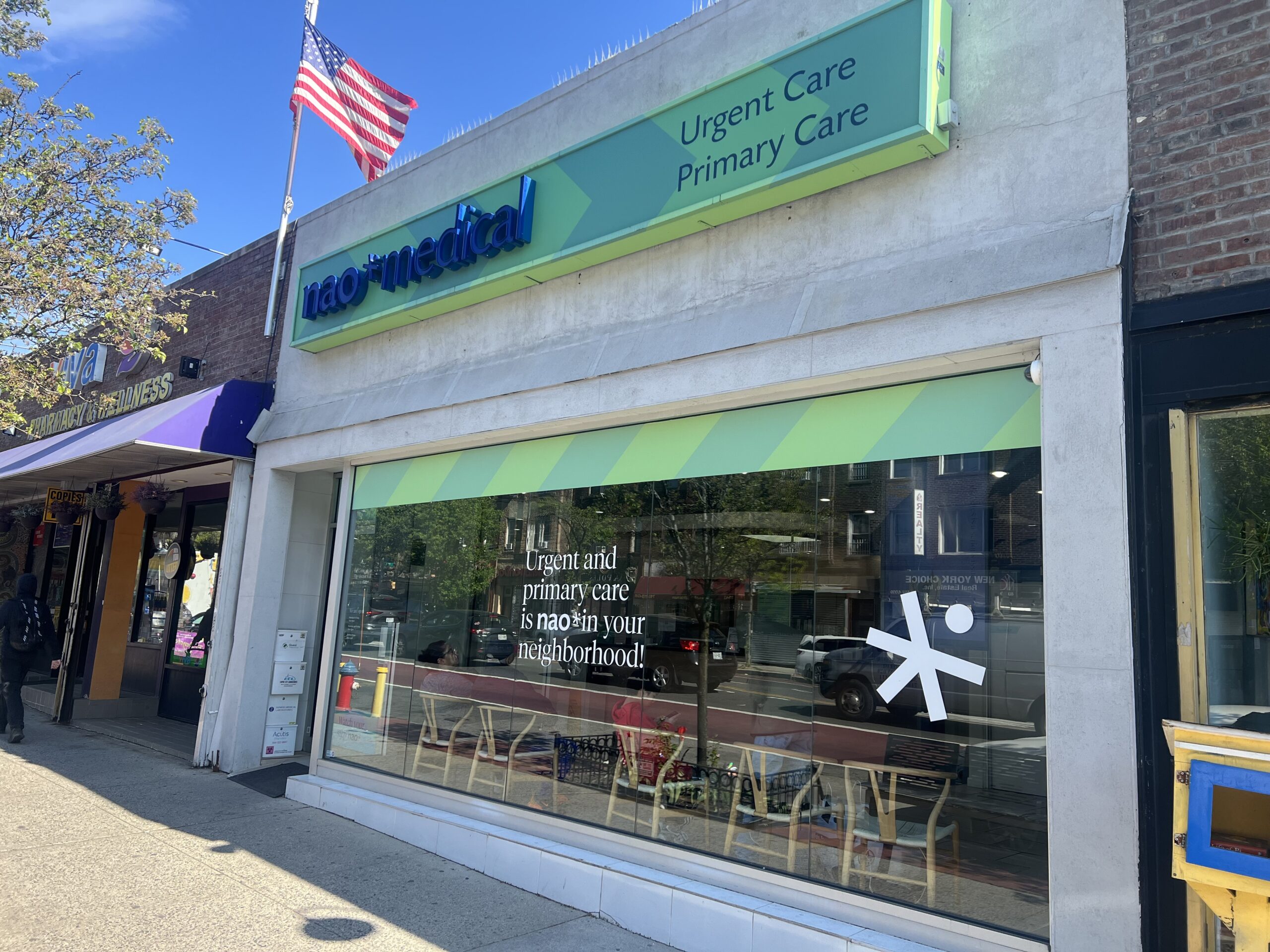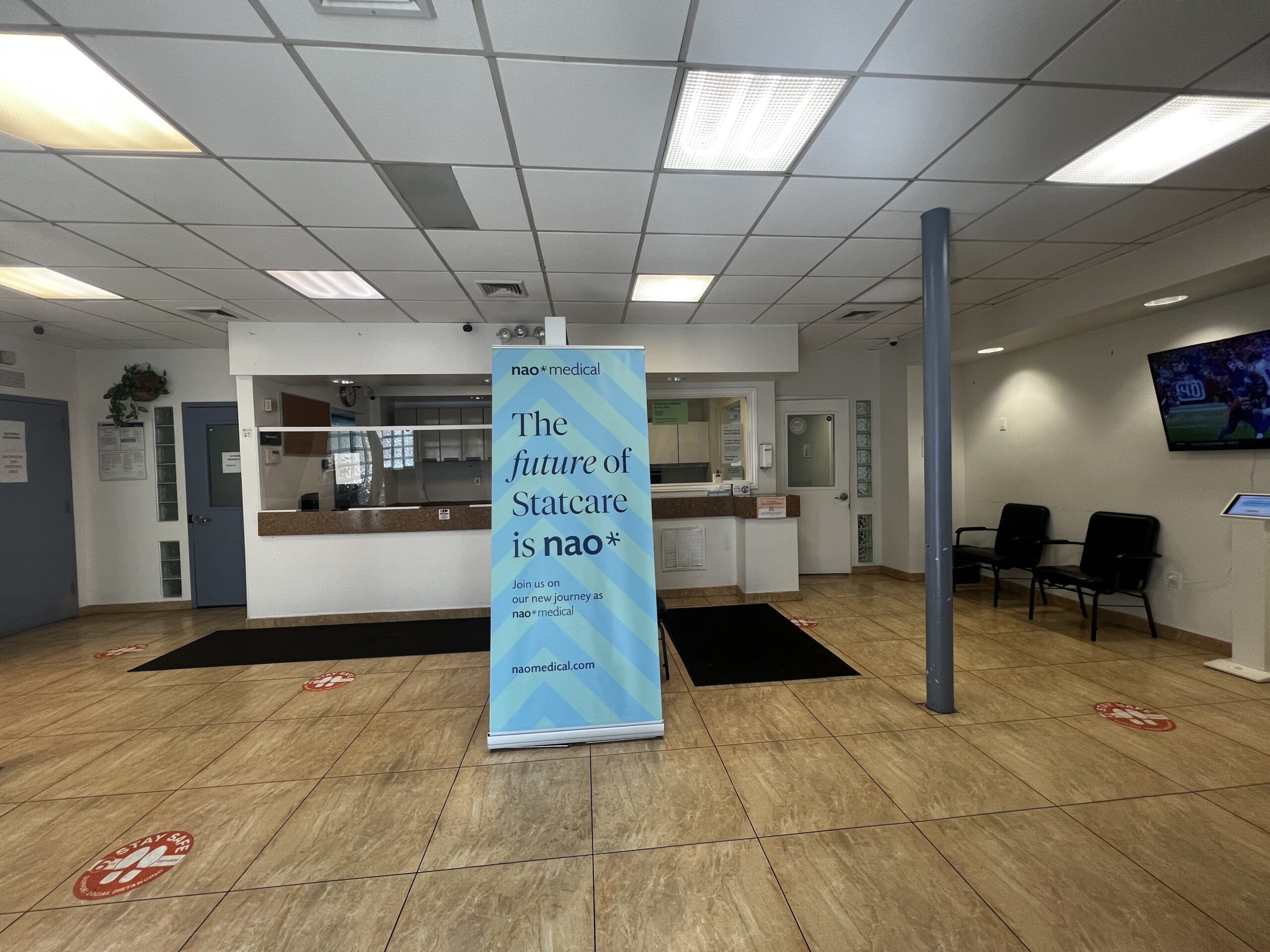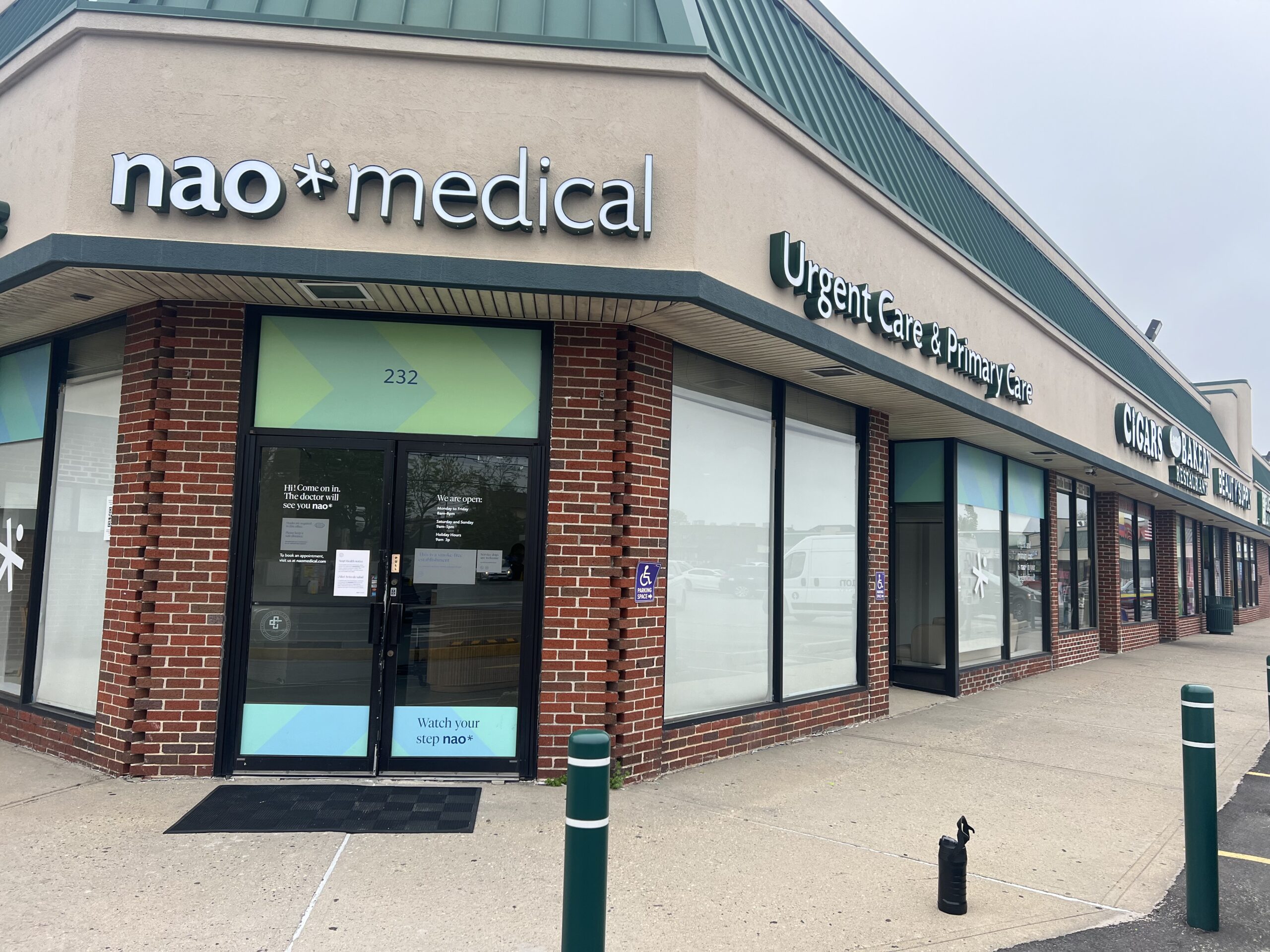The coronavirus pandemic has presented challenges we never thought possible. For many people, the psychological impact of the pandemic can be just as difficult to deal with as the physical effects. COVID-19 has justifiably raised widespread public concern about mental health worldwide.
During a crisis such as the COVID-19 pandemic, it is common for everyone to experience increased levels of distress and anxiety, particularly as a result of social isolation. If you are struggling with your mental health during this time, know that you are not alone. In this blog post, we’ll explore some of the ways in which COVID-19 can affect your mental health and what you can do to cope with these effects.
Mental Health and Long COVID
According to recent research from the U.S. Centers for Disease Control, about 20% of Americans who have experienced COVID-19 may develop long COVID, a condition that is characterized by persistent or lingering symptoms related to the virus, such as fatigue, brain fog, or respiratory, heart, neurological, or digestive issues. While severe COVID-19 illness is found to increase a person’s risk of developing long COVID, even people with milder cases of the virus can still experience long COVID symptoms that could last months or years.
In a study conducted at Harvard T.H. Chan School of Public Health researchers found a relationship between psychological distress, including depression, anxiety, worry, perceived stress, and loneliness, before the COVID-19 infection, and increased risks of long-term COVID infection.
Using the responses, the researchers determined that distress before COVID-19 infection, including depression, anxiety, worry, perceived stress, and loneliness, increased long COVID risk by 32 to 46 percent. There was also an association between these types of psychological distress and a 15 to 51 percent higher risk of daily life impairment due to long COVID.
Side Effects of Post-COVID Syndrome
According to the CDC, persons with long COVID are likely to experience a range of new or ongoing symptoms that can last weeks or months after they have been infected with the virus that causes COVID-19, and that symptoms can worsen with physical or mental activity.
Some common symptoms of long COVID include:
- Difficulty breathing or shortness of breath
- Tiredness or fatigue
- Symptoms that get worse after physical or mental activities (also known as post-exertional malaise)
- Difficulty thinking or concentrating (sometimes referred to as “brain fog”)
- Cough
- Chest or stomach pain
- Headache
- Fast-beating or pounding heart (also known as heart palpitations)
- Joint or muscle pain
- Pins-and-needles feeling
- Diarrhea
- Sleep problems
- Fever
- Dizziness on standing (lightheadedness)
- Rash
- Mood changes
- Change in smell or taste
- Changes in menstrual period cycles
There are some patients who experience only one or two of these symptoms, while others experience a variety of these symptoms. It has also been reported that some people suffer damage to several organs, including the heart, lungs, kidneys, skin, and the brain.
In some cases, the symptoms are mild but in others, they can be severe and debilitating. This may prevent an individual from returning to normal activities like work, family responsibilities, and normal enjoyment of life.
Psychological Symptoms and Management
Long COVID can impact your ability to work, study, manage your finances, participate in social activities, or make decisions. Simple, light physical activity, such as housework, driving, or making a phone call, can end up leaving you feeling exhausted and aching afterwards. There may be times when you are extremely forgetful, not able to concentrate on simple tasks, or may feel as if you are not able to think straight at all.
In some cases, people with long COVID may feel like there is a cloud or fog hovering over their heads, making it difficult to do math calculations, for example, or find the correct word to describe what they are feeling. A “long hauler” may also experience mood changes, including anxiety, depression, or post-traumatic stress disorder.
It is not uncommon for symptoms to differ greatly from one person to another, both in nature and extent. Symptoms can also fluctuate, so you might feel more fatigued one day than the next, or have difficult emotions ebb and flow, or be less mentally sharp.
Patients may benefit from early intervention, including advice on how to cope with brain fog, assistance in navigating relationship changes, and the ability to overcome feelings of inadequacy because they are not able to work. Additionally, psychologists have several treatments at their disposal that can help alleviate many of the psychological symptoms associated with long COVID, including trauma therapy, cognitive behavior therapy, and acceptance and commitment therapy for those struggling with uncertainties about their illness.
Post COVID Stress Self-care strategies
Long-term COVID patients experience pressure, fear, exhaustion, isolation, and ongoing emotional trauma. The ongoing stress and trauma impacts your mental health, safety, and quality of life. Remember that managing your stress is just as important as taking care of your physical health. These self-care tips will help you remember to exercise self-compassion:
- Find a social support network, whether this is through friends, family members, or online communities. Having someone to talk to about your struggles can help you stay connected and feel less alone.
- Let others know how they can best support you during this difficult time. Some people may think that sending flowers or bringing meals over is helpful, but this may feel like more of a burden to you. Others may choose to limit social interactions for their own mental health. Be clear about what you need during this period.
- Practice good self-care by eating nourishing foods, getting enough sleep, and doing activities that make you happy and relaxed, such as yoga, meditation, or journaling.
- Try not to have unrealistic expectations for yourself. Remember that you are human and need to take time to rest and recover from your illness. It’s okay if you cannot resume all your regular activities right away, if at all. Don’t beat yourself up over things like “missing” the start of the school year or not being able to work.
- Practice gratitude for the things you can do and people in your life who are supporting you now, both directly and indirectly. Reflect on what matters most to you, spending more time with loved ones or curling up at home with a good book. Remember why it’s important to take care of yourself and prioritize your well-being.
Finally, don’t be afraid to reach out for professional help if you are struggling with feelings of depression or anxiety as a result of post-COVID syndrome. Therapy can help you understand the psychological impacts of this illness and develop skills for managing these symptoms so that you can get back to living your best life.
Where to get help for post-COVID-19 stress and mental health issues
When you are trying to cope with the physical and mental health consequences of long COVID, it can be difficult to know where to turn for help. If you’re overwhelmed by worry and its impact on your everyday life, it’s good to talk to a trusted friend. If you find that your symptoms of anxiety, depression, or PTSD do not improve over time despite self-care efforts, then it may be necessary to seek out professional treatment.
Psychologists can offer a wide range of services, including trauma therapy, cognitive behavior therapy, and acceptance and commitment therapy. There are also many online resources available to support your mental health during this difficult time.
We’re here for you
It is important to remember that your mental health during this period is just as important as your physical well-being, and it’s alright to seek support when you need it. Your journey through long COVID may be difficult, but you do not have to struggle alone. If you or someone you know is struggling with mental health, please reach out for support.
Whether through mental health counseling, safe and effective medical treatments, or taking care of your overall health and wellness, Nao Medical is here to help. We will work together to help you manage stress, anxiety, depression, and other mental health issues to cope with some of the most common symptoms of long COVID.
 (917) 310-3371
(917) 310-3371
















